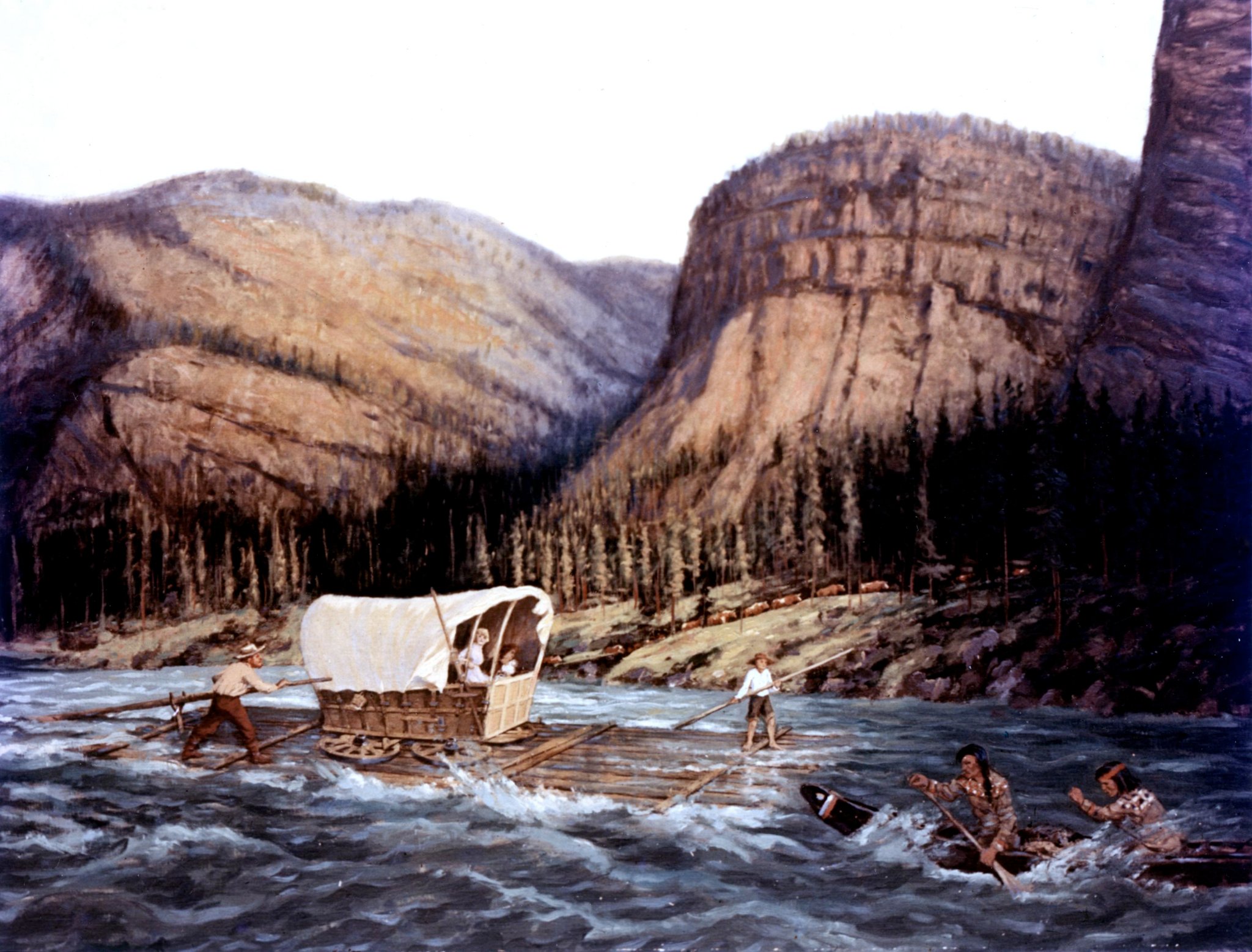JULY 11, 2022 – (Cont.) “In the time of Columbus and for many generations that followed, the vast majority of folks in Europe lived in squalor, privation, and oppression, at least by modern standards. In contrast, the New World offered all sorts of possibilities for escape from the strictures and shackles of primogeniture, a class-ridden society, a closed-off economic system, and age-old racial and religious prejudices, pogroms, and persecutions. Find your way to the New World, however, and be willing to work your butt off, and in time you’d be free as a bird and as rich as a king. As many a tale was told, the streets of America were paved with gold.
“If you can imagine, who would respond to the American lure of freedom and riches—or at least salvation from oppression?” As I tied off the sentence, I regretted the utterance, ‘If you can imagine.’ It suggested, I worried, mockery of the alien for its lack of humanlike imagination. Nothing had been further from my intent. I’d used the idiom for emphasis, not judgment.
“I’d think,” said the alien, “that people who lacked those things—freedom and riches—would be the most likely to strive for them.”
“Exactly,” I said, relieved. “Whether they were dregs by nature or choice or underprivileged by the order of society in the Old World, the people who crowded the immigrant ships to America were seeking freedom from bad stuff or simply from limited opportunity. The big draw, the big magnetism of America, was the chance for a life ‘do-over.’”
“This process had two sides. On one side, it involved a certain personality type—humans who had the gumption, the naivete, the ‘Oregon or Bust’ attitude about life.”
“‘Oregon or Bust’?” the alien asked. “What was that?”
“It was a slogan that arose from an immigration impulse within an immigrant nation. A lot of people who landed here—or their progeny—wound up not faring so well back East in America, so they loaded up their wagons and headed West—Oregon and later, California, as if those places were the Promised Land within the Land of Broken Promise.”
“Why?”
“Why what?”
“Why was it a Land of Broken Promise?”
“You’re getting ahead of me. Way ahead.”
“How does one get ahead of another?” Oh no, I thought. The alien was beginning to sound like my six-year-old granddaughter, for which every answer to ‘why?’ was another ‘how?’ or ‘why?’ question. “For now, let it be at this: America was populated by a disproportionately large number of mad dashers—people driven by wants and needs that often morphed into insatiable appetites for more stuff, more freedom, at breakneck speed.
“Their determination—their compulsion—was fueled by and abundance of land and resources, often for the taking. This proved fatal to the existing cultures, which, because of their broad dispersal, lacked the organizational structure and technological advancements to withstand the onslaught of a people hellbent on building castles in the sky . . . or rather, cabins, then farmhouses, each surrounded by 100s, then 1,000s of acres of crops and pasture.”
I was still so immersed in the downside of the immigrant mentality that I felt the positive side becoming untethered. (Cont.)
(Remember to subscribe to this blog and receive notifications of new posts by email.)
© 2022 by Eric Nilsson
